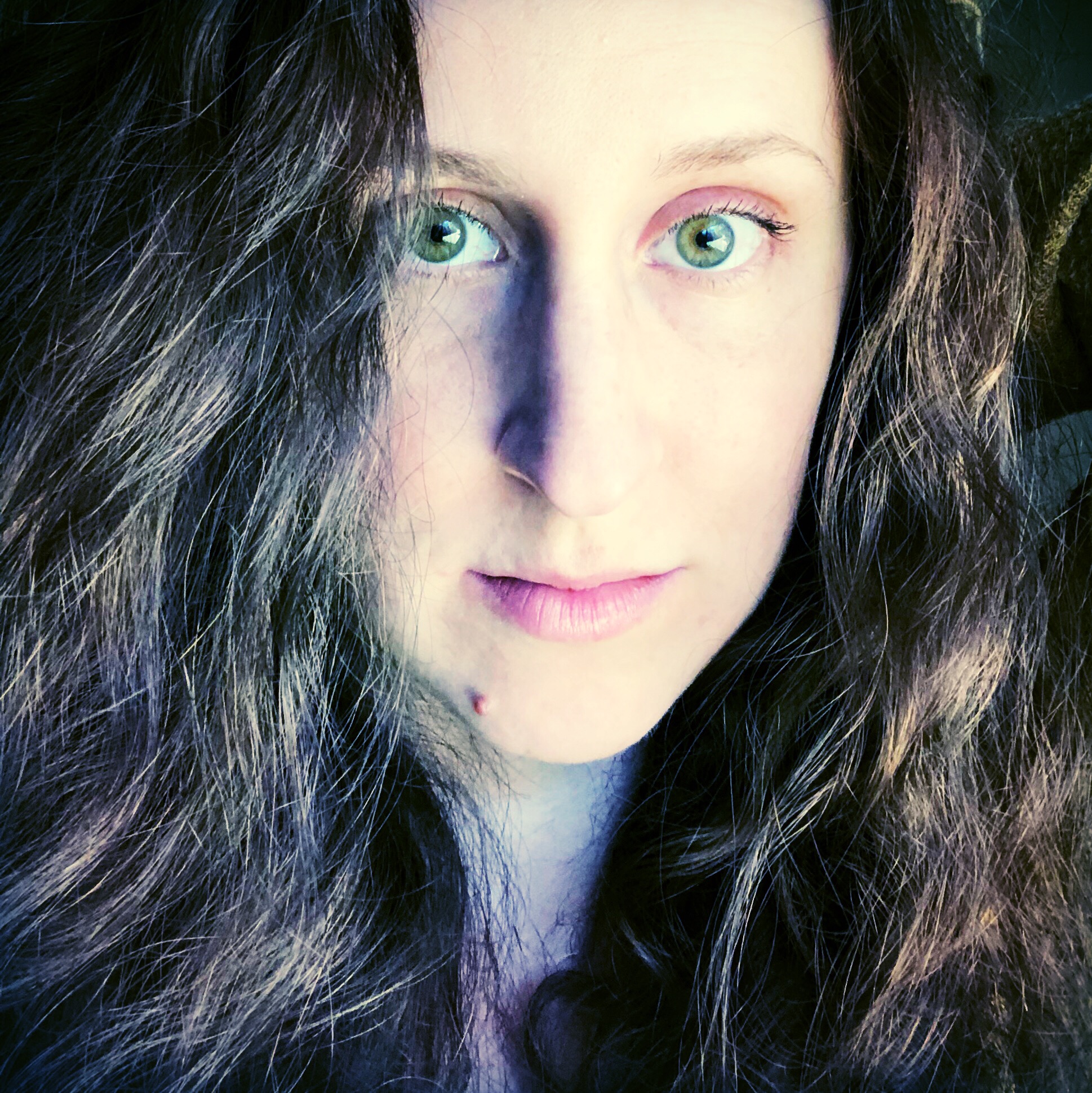Originally posted on May 27, 2010 at 4:15 PM
Laurell K. Hamilton has talked before about how important research is when you write fantasy, because if you’re asking your readers to believe this crazy, magical stuff, everything that they know to be true has to be accurate. If you’re describing a police investigation and they catch a flaw, she argues, it will make them less trusting when you describe your werewolf’s social hierarchy. You have to sound like you know what you’re talking about—with every aspect, possible or not.
I think this is a wonderful point, not only for fantasy but for all fiction. All writing, even. Whether I am so enamored with heavy research before a project because of this advice or coincidentally, I don’t know, but I am. I find it incredibly frustrating when I can’t track down a fact that I need to describe a scene accurately. In my opinion, creative license is what you do with characters’ personalities and plot, not real locations, time periods, or details that could be true. I’m not saying I’m perfect; I’m sure there are and will be some facts I accidentally skew or miss altogether, but I can assure you that I am trying my utmost not to.
I’ll give you an example from the gothic novel I’m writing right now. Windows play an important role in my story, together as atmosphere setting devices, metaphors for deeper meaning, and plot tools. My novel takes place in 1603. So, before I jumped right in and wrote it, I had to make sure of some things. Did they have glass back then? Did they have stained glass? Did you have to be rich to have it? How was it made and how common were windows glassed-off instead of pane-less?
Because believe it or not, there are a lot of people out there that actually know the answers to these questions off the tops of their heads. There are glass makers, architecture students, antique collectors, and more, and they would all immediately notice if I put glass before glass existed, or used it incorrectly. I don’t want to bump these people of out of my story; I want to draw them in. If they stop trusting my words when I get to the first window, how will they ever believe Plot Turn A, which actually is a little incredible? I mean, they want to, because they picked up my book, but I have to give them cause to. I have to do the work, not just the play.
When someone picks up a fiction novel, they are already agreeing to suspend disbelief to some degree. This story never really happened; they know that. And whether or not it could have happened, they want to forget that it didn’t as they read. They want to be pulled in so deeply that the impossible registers as factual in their imagination. So it’s my job to get it right—not to knock you out of the story in puzzlement or doubt. Because if you’re willing to take that leap of faith and buy my book, you (hopefully), as my potential reader, better be able to believe it.
Share this:
